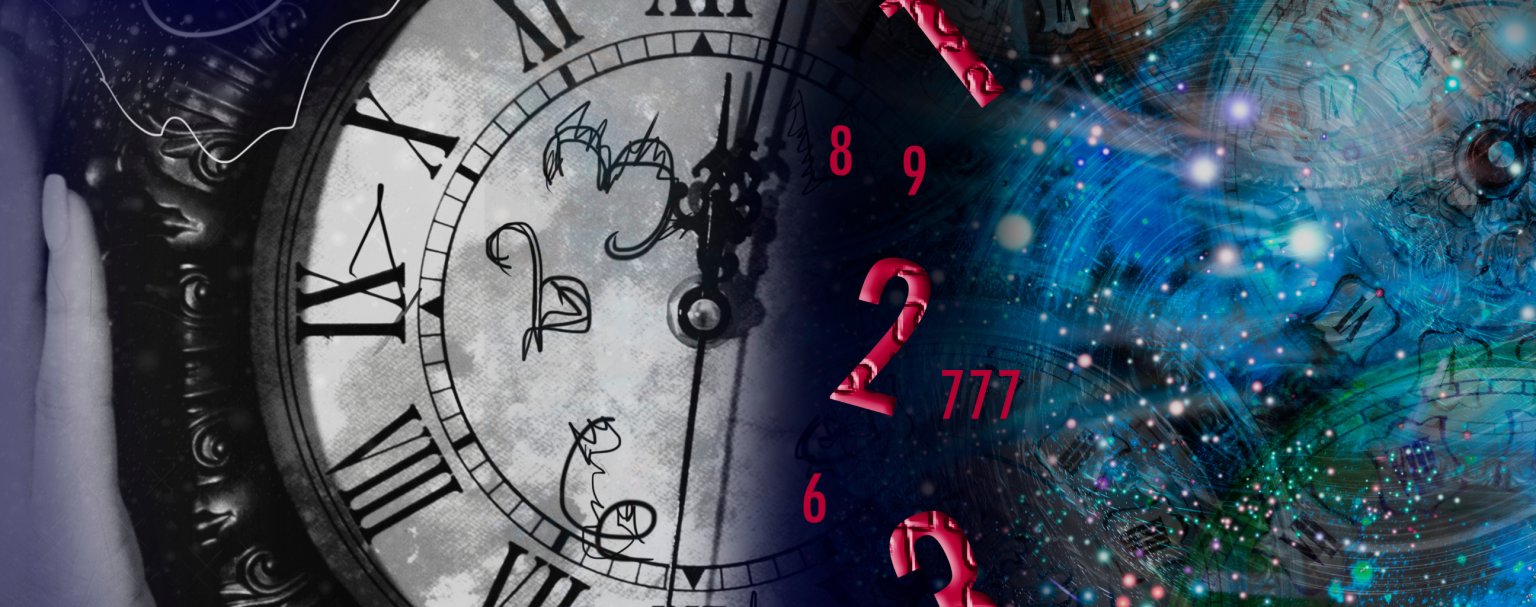
Watch Analysis :A Celestial Timepiece
Watches, as symbols of time and precision, can also hold significance in astrology. While not a traditional astrological object, their association with time and personal style can offer insights into an individual's personality and life path.
Key Concepts In Watch Analysis Include:
Wristwatch Material and Color:
Gold: Often associated with luxury and success. It may suggest a desire for status and material possessions.
Silver: Can symbolize practicality and versatility. It might indicate a down-to-earth and adaptable personality.
Steel: May represent strength and resilience. It could suggest a determined and hardworking nature.
Other materials: The choice of other materials (e.g., leather, plastic) can offer clues about personal preferences and values.
Wall Clock Materials:
Wood: A wooden clock may symbolize grounding, stability, and a connection to nature.
Metal: A metal clock might indicate a focus on strength, structure, and durability.
Glass: A glass clock could suggest clarity, transparency, and a desire for openness.
Wristwatch Analysis
Wristwatch analysis is a science that claims to provide insight into a person’s personality, health, wealth, and more, based on the watch they wear. Some say that wearing the right watch can attract positivity, prosperity, and abundance.
Some things to consider when analyzing a wristwatch include:
Hand:
The hand you wear the watch on is important, as some say the left side is emotional and the right side is technical.
Dial type, color, and belt type:
The meanings and effects of different dial types, colors, and belt types can be considered.
Vastu:
According to Vastu, the strap of the watch should be close to the wrist bone, and watches with silver and gold tones are thought to be better than others.
Style and Design:
- Classic: A classic watch design might indicate a traditional and conservative personality.
- Modern: A contemporary or avant-garde watch could suggest a creative and forward-thinking nature.
- Sporty: A rugged or sporty watch may indicate an active and adventurous spirit.
- Minimalist: A simple and minimalist watch might suggest a preference for simplicity and clarity.
Watch Face:
- Analog: An analog watch may indicate a preference for tradition and a connection to the natural cycle of time.
- Digital: A digital watch might suggest a more modern and technological outlook.
Wall Clock Analysis
Wall-clock time, also known as real-world time, elapsed real time, or clock time, is the time it takes for a computer program to run from start to finish. It’s the difference between the time a task starts and the time it finishes.
Wall-clock time is important because it can be different from how a computer measures time and how a user perceives it. For example, if a process takes too long to complete, a user may become impatient.
Placement:
- Living room: A prominently placed wall clock in the living room may indicate a focus on social connections and family life.
- Bedroom: A clock in the bedroom could suggest a need for structure and routine, or perhaps a fear of missing out.
- Office: A clock in the workplace might symbolize productivity, deadlines, and the importance of time management
Design:
- Grandfather clock: A large, ornate grandfather clock can symbolize tradition, heritage, and a connection to the past.
- Modern clock: A sleek, minimalist clock might indicate a focus on the present and a desire for simplicity.
- Vintage clock: A vintage or antique clock could suggest a nostalgic or sentimental personality.
Time Display:
- Analog: An analog clock may indicate a preference for tradition and a connection to the natural cycle of time.
- Digital: A digital clock might suggest a more modern and technological outlook.
